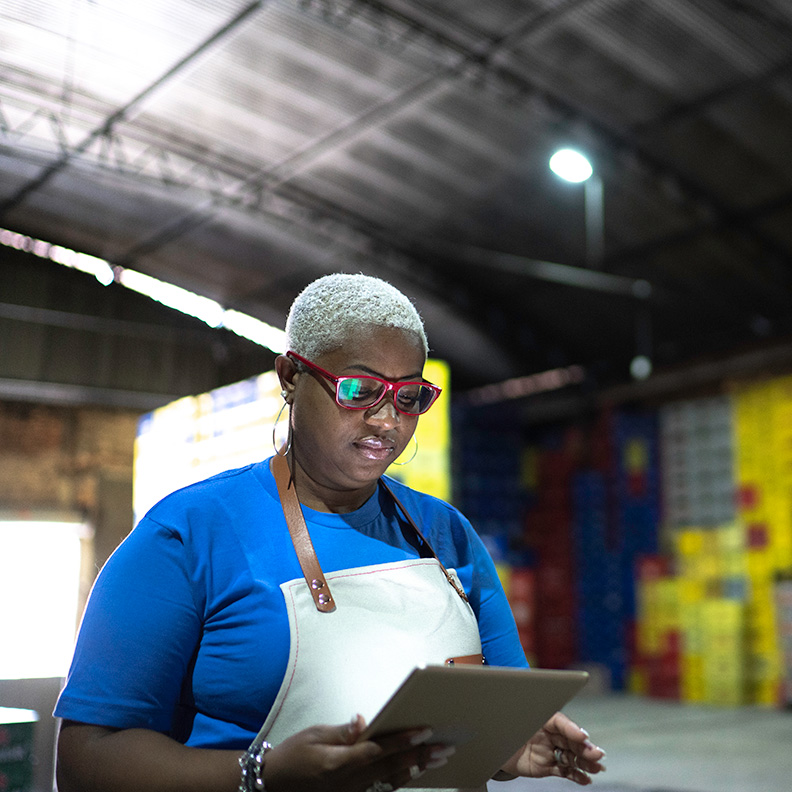Disruptions to global supply chains were a key challenge amid the COVID-19 pandemic in 2020 and 2021. These challenges were particularly noticeable in the manufacturing sector, as 100% of automotive companies and 97% of industrial products companies1 said the pandemic had a negative effect on business. Getting parts and supplies to run the organization, and then getting final products out to customers became much harder.
Even with many travel restrictions lifted and daily life returned closer to what was considered “normal,” supply chain challenges remain. The COVID-19 pandemic highlighted underlying issues that don’t have a quick solution, such as a shortage of truck drivers2, so manufacturers should anticipate more hurdles in the future.
So how should businesses respond? In a recent survey3 of more than 200 manufacturing executives, the following strategies were cited most often: Strengthening existing relationships (83% of respondents), engaging multiple suppliers (81%), and implementing digital solutions for greater visibility (76%). Let’s take a closer look at each of these strategies.
Strengthening existing relationships
In a challenging supply chain environment, leaning on partners is particularly important. Manufacturers who have a strong working relationship with their suppliers should be better equipped to tackle obstacles and find new solutions.
For business leaders, regular check-ins with partners can be a big help. It’s also a good idea for both sides to work toward a two-way relationship in which they understand each other’s challenges and try to find mutual success. Organizations that help their suppliers thrive should in turn receive better services and support.
Engaging multiple suppliers
Supply chain challenges often emerge in specific locations due to weather, geopolitical conflicts or other issues. This makes it important to have a diverse network of suppliers across regions. If one area faces a disruption, a business can quickly pivot to different partners elsewhere.
According to the survey of manufacturing executives, roughly 90% use multiple suppliers, though only 44% have regional diversification of suppliers. However, those that do have regional diversification were less affected by recent supply chain disruptions than organizations with partners concentrated in one location.
Implementing digital solutions
Technology can be a big help in streamlining the supply chain process. This can include implementing tools that increase visibility into the supply chain and make it easier to adjust as needed. Manufacturers can also make their own operations more efficient through automation, as my colleague Julie Whitney explored in more depth. Freeing up time in production gives businesses more time to properly manage their supplier partnerships.
These supply chain complexities aren’t going away any time soon, so manufacturers that take proactive steps now will be better positioned for success in the future.
